Types of Multi-State Cooperative Societies You Can Start in India
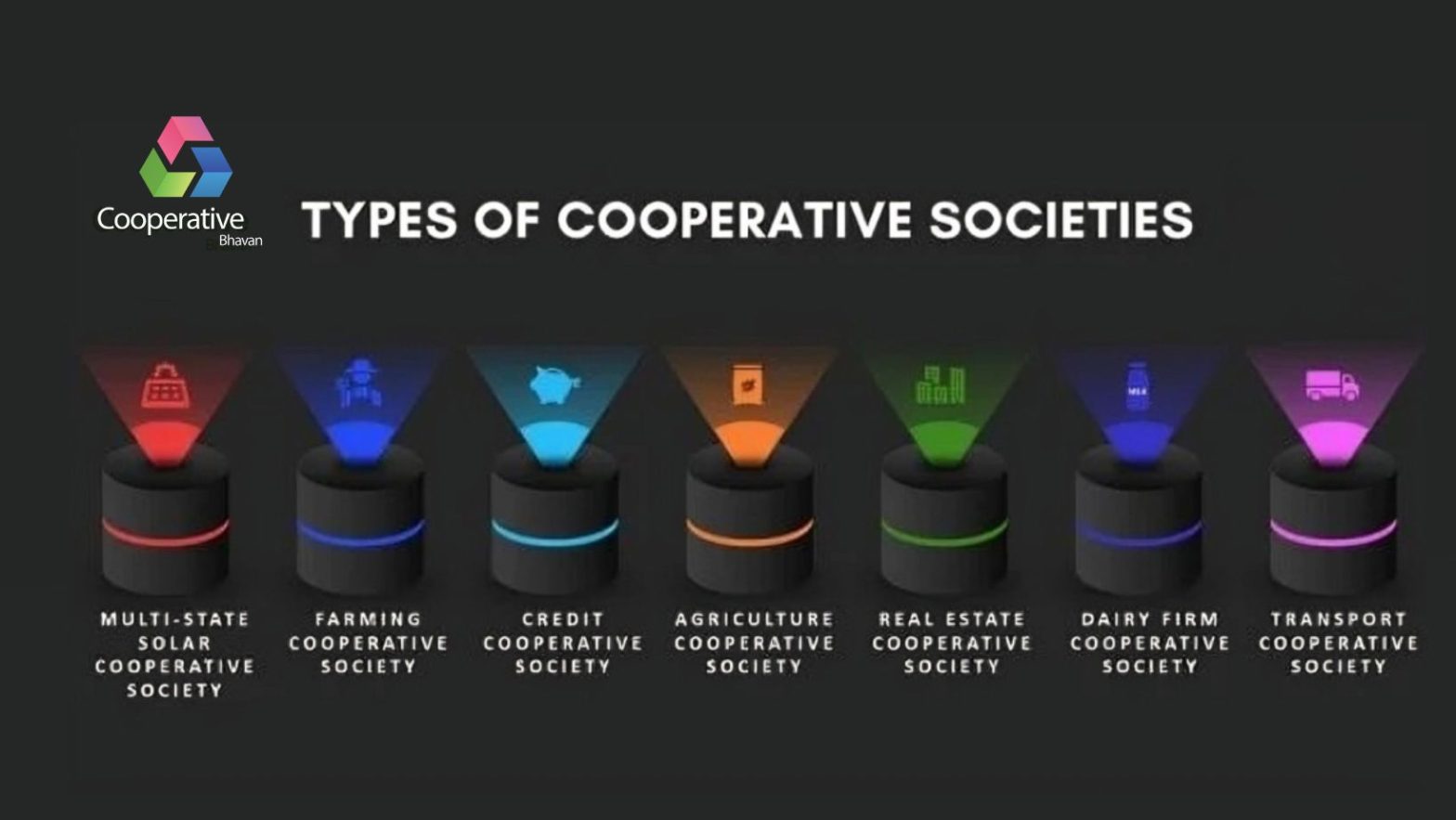
The cooperative sector in India is rapidly evolving, offering innovative and people-driven solutions across agriculture, finance, housing, services, and more. Among these, Multi-State Cooperative Societies (MSCS) have gained national relevance by operating across state boundaries under the Multi-State Cooperative Societies Act, 2002.
If you’re exploring opportunities for multi-state society registration in India, this guide will help you understand the most popular and feasible types of MSCS. You can start with strategic insights from Cooperative Bhavan, Kerala’s trusted MSCS project builder and one of the leading multi-state consulting firms in India.
What is a Multi-State Cooperative Society?
A Multi-State Cooperative Society is a legally recognized cooperative that serves members in more than one state. It is regulated by the Central Government under the MSCS Act and is designed to promote mutual aid, democratic control, and equitable contribution.
From farming cooperatives to tech-enabled service societies, these organizations contribute to sustainable development across India.
For entrepreneurs and institutions looking for Multi-State Cooperative Society registration in Kerala or any other part of India, selecting the right type of cooperative is the first step toward success.
Top Types of Multi-State Cooperative Societies You Can Start
1. Agricultural Cooperatives
Agricultural cooperatives enable small and marginal farmers to come together for joint cultivation, shared irrigation systems, and collective purchasing of seeds, fertilizers, and equipment. These societies also assist in accessing government schemes, crop insurance, and agricultural credit. They ensure better bargaining power for farmers in both input procurement and crop sales.
2. Agro-Processing Cooperatives
These cooperatives handle post-harvest activities like milling, grinding, oil extraction, drying, packaging, and storage. By processing farm produce locally, members gain better value and reduce dependency on third-party processors. This model enhances income, promotes self-reliance, and strengthens the local agro-economy.
3. Education Cooperatives
Education cooperatives promote accessible, community-owned educational infrastructure including schools, training centers, skill academies, and colleges. They ensure affordable, quality education and help bridge rural-urban educational gaps. Cooperatives can also offer coaching, computer literacy, and soft skills training.
4. Consumer Cooperatives
These societies operate retail stores that offer essential consumer goods at reasonable prices. They reduce dependency on private retailers and eliminate middlemen. Profits are often reinvested into the society or redistributed among members. These are especially beneficial during inflation and supply chain disruptions.
5. Tourism Cooperatives
Tourism cooperatives promote local and eco-tourism by involving rural communities in hospitality, cultural programs, food services, and tour operations. These societies enhance livelihood opportunities while preserving local heritage and the environment.
6. Transport Cooperatives
Transport cooperatives include small transport operators pooling resources to run buses, goods carriers, taxis, or auto-rickshaws. They ensure cost-effective fleet maintenance, shared revenue, and stable employment while reducing the dominance of large transport companies.
7. Dairy Cooperatives
Dairy cooperatives are one of India’s most successful cooperative models. They organize milk collection, quality control, chilling, processing, packaging, and distribution. Members benefit from regular payments, veterinary support, and feed supply, ensuring steady rural income.
8. Bee Farming (Apiculture) Cooperatives
These cooperatives train and support rural beekeepers in modern techniques, hive management, and honey extraction. Collective branding and marketing help increase profits. Bee farming is a low-investment, high-return activity ideal for tribal and forest fringe communities.
9. Export Cooperatives
Export cooperatives assist producers in tapping international markets. These societies handle compliance, certifications, logistics, packaging, and communication. They provide access to global buyers for handicrafts, spices, organic products, and processed goods.
10. Fisheries Cooperatives
Common in coastal and riverine regions, fisheries cooperatives provide boats, nets, ice storage, and marketing assistance. They ensure fair pricing for catch, promote sustainable fishing practices, and support value-added services like fish processing.
11. Handicraft Cooperatives
These cooperatives preserve traditional arts by helping artisans with raw material procurement, design improvement, branding, and market access. They enhance visibility for crafts like pottery, weaving, woodwork, and embroidery in both domestic and international markets.
12. Health & Hospital Cooperatives
Health cooperatives provide community-owned clinics, diagnostic centers, and hospitals. They reduce medical expenses and offer ethical, patient-first healthcare services. Some also manage health insurance or wellness initiatives for members.
13. Handloom Textile Cooperatives
Focused on handloom weavers, these societies support dyeing, weaving, design innovation, and direct-to-market strategies. They protect heritage textile traditions and offer stable livelihoods to rural artisans.
14. Industrial Cooperatives
These societies bring together small-scale manufacturers and MSMEs to produce goods collectively. They often operate in clusters and share production facilities, power, tools, and marketing resources. Suitable for small machinery, tools, and local manufacturing.
15. Information Technology Cooperatives
These cooperatives bring together tech professionals to build software, manage digital services, and provide IT support for businesses. Particularly impactful in creating rural BPOs, e-governance solutions, and software development hubs.
16. Labour Cooperatives
Labour cooperatives are worker-owned and managed, where members offer services such as construction, maintenance, painting, carpentry, etc. They provide job security, fair wages, and collective bargaining power.
17. Livestock & Poultry Cooperatives
These societies focus on animal rearing, breeding, feed supply, veterinary support, and sale of products like meat, eggs, and wool. They help reduce exploitation by middlemen and promote scientific farming methods.
18. Marketing Cooperatives
Such cooperatives enable farmers, artisans, and small entrepreneurs to collectively market their products. They handle branding, logistics, quality control, and even e-commerce facilitation, ensuring better prices and wider market reach.
19. Organic Farming Cooperatives
These cooperatives support chemical-free farming and help members get organic certification. They offer guidance on composting, pest control, and natural farming methods, while promoting niche organic branding and export.
20. Tribal SC/ST Cooperatives
Focused on tribal and SC/ST communities, these societies promote inclusive development by offering livelihood training, forest produce management, microfinance, and cooperative enterprises rooted in local traditions and skills.
21. Women Empowerment Cooperatives
These cooperatives support women-led enterprises in sectors like tailoring, food processing, weaving, and small retail. They help members earn, learn, and lead through skill training, market access, and cooperative ownership.
22. Cultural & Social Welfare Cooperatives
These societies promote community cohesion through cultural programs, libraries, music/dance schools, and welfare schemes. They often collaborate with NGOs and CSR arms to uplift underprivileged communities.
23. Seed Cooperatives
These cooperatives are engaged in the breeding, certification, production, and distribution of high-yield and disease-resistant seeds. They ensure that farmers have access to quality seeds while reducing dependency on large agro-corporates.
- Jute & Coir Cooperatives
Ideal for coastal states, these cooperatives use local resources to create mats, bags, rugs, ropes, and bio-degradable alternatives to plastic. They empower women and rural workers through eco-friendly income generation.
- Construction Cooperatives
Formed by contractors, masons, architects, and engineers, these societies execute infrastructure projects such as housing, schools, and roads. They offer cost-effective solutions for affordable housing and public construction works.
How Cooperative Bhavan Helps You Get Started
Cooperative Bhavan, Kerala’s leading MSCS project builder, offers complete support for forming and managing multi-state cooperative societies. Their expert consultants guide you through every stage—from feasibility study and document drafting to Central Government multi-state society registration and infrastructure development.
Services Include:
- Legal advisory & eligibility check
- Bye-law drafting & documentation
- Project planning & feasibility reports
- Liaison with Central Registrar
- Post-registration implementation
Whether you’re in agriculture, housing, finance, or manufacturing, Cooperative Bhavan helps you choose the right type of cooperative society and build it from the ground up.
Conclusion
Starting a Multi-State Cooperative Society is not just a legal process—it’s a mission to build community-led, sustainable solutions across India. From agriculture to education, there are various types of cooperative models available based on your goals, resources, and target regions.
With the guidance of experienced multi-state consulting firms in India like Cooperative Bhavan, you can align with national policies, leverage funding, and build a lasting impact across state borders.














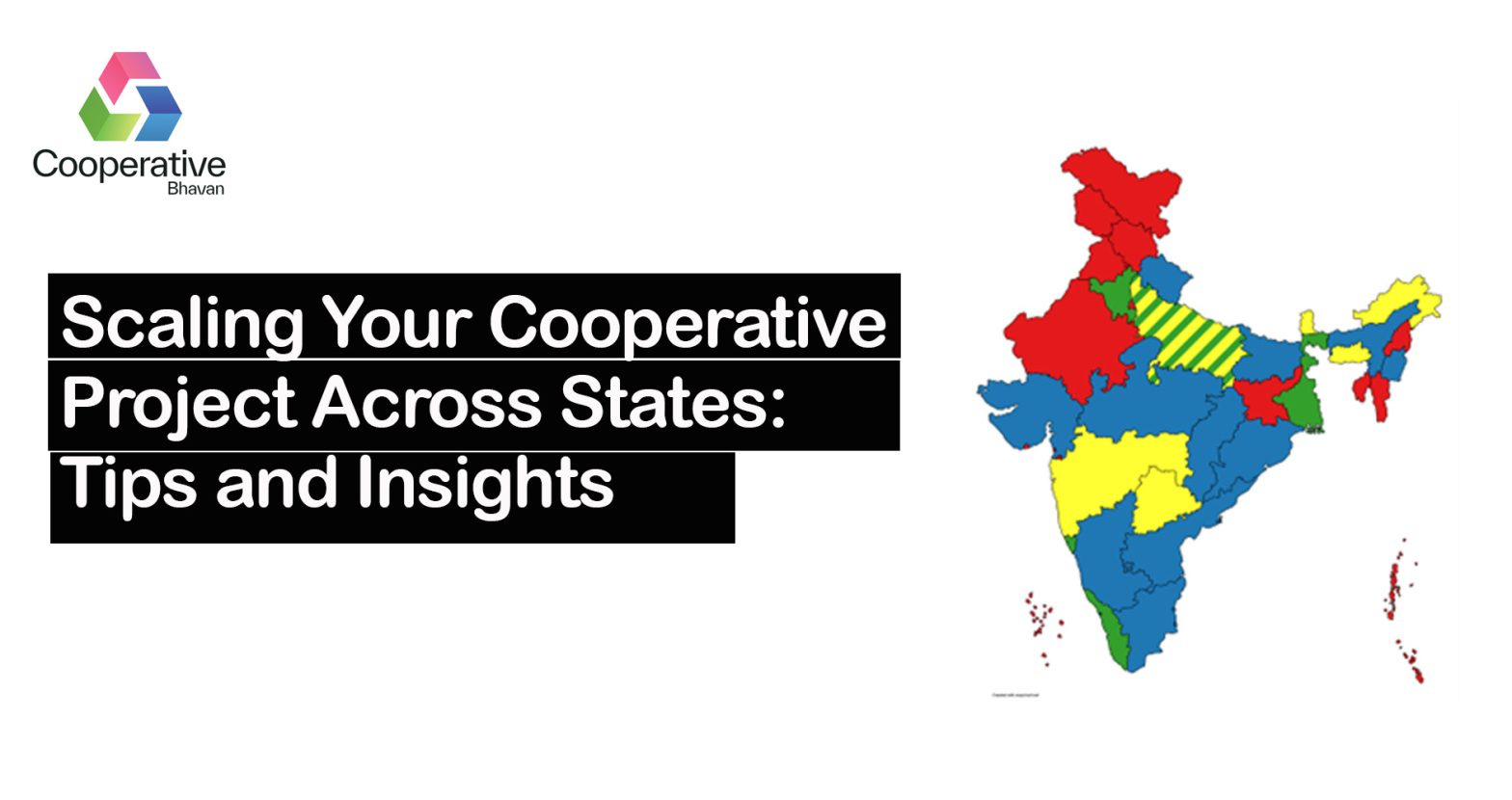



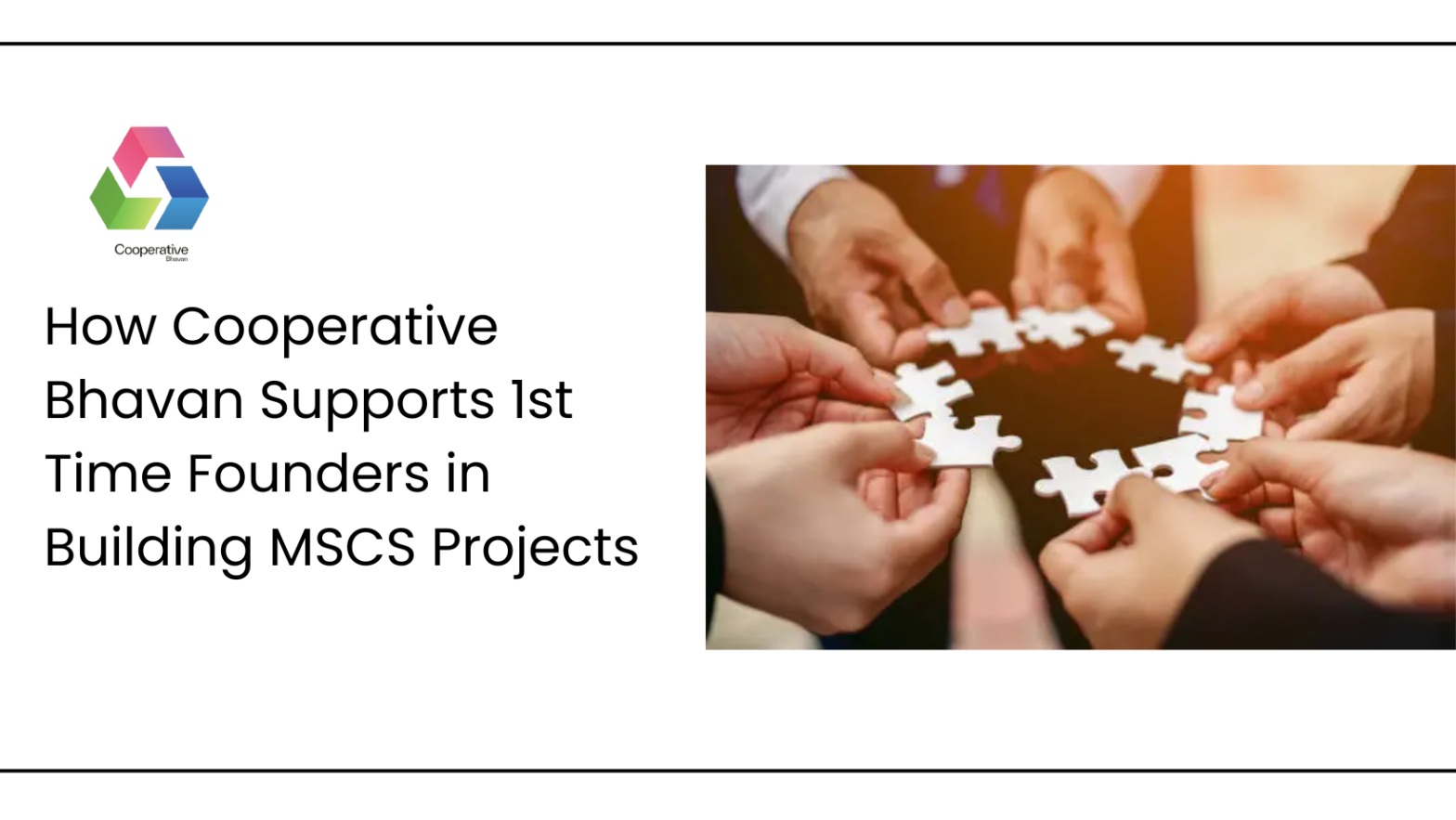






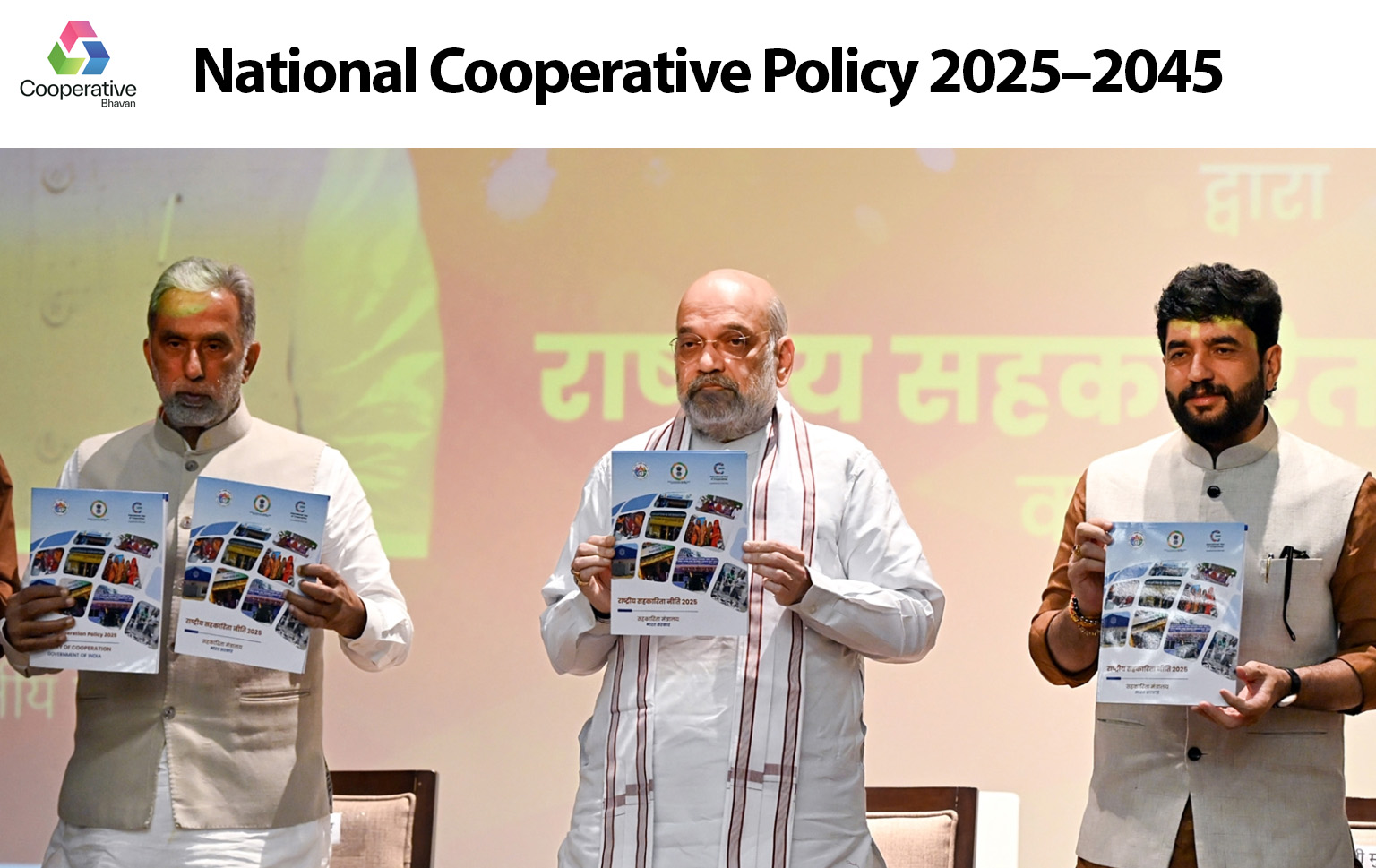
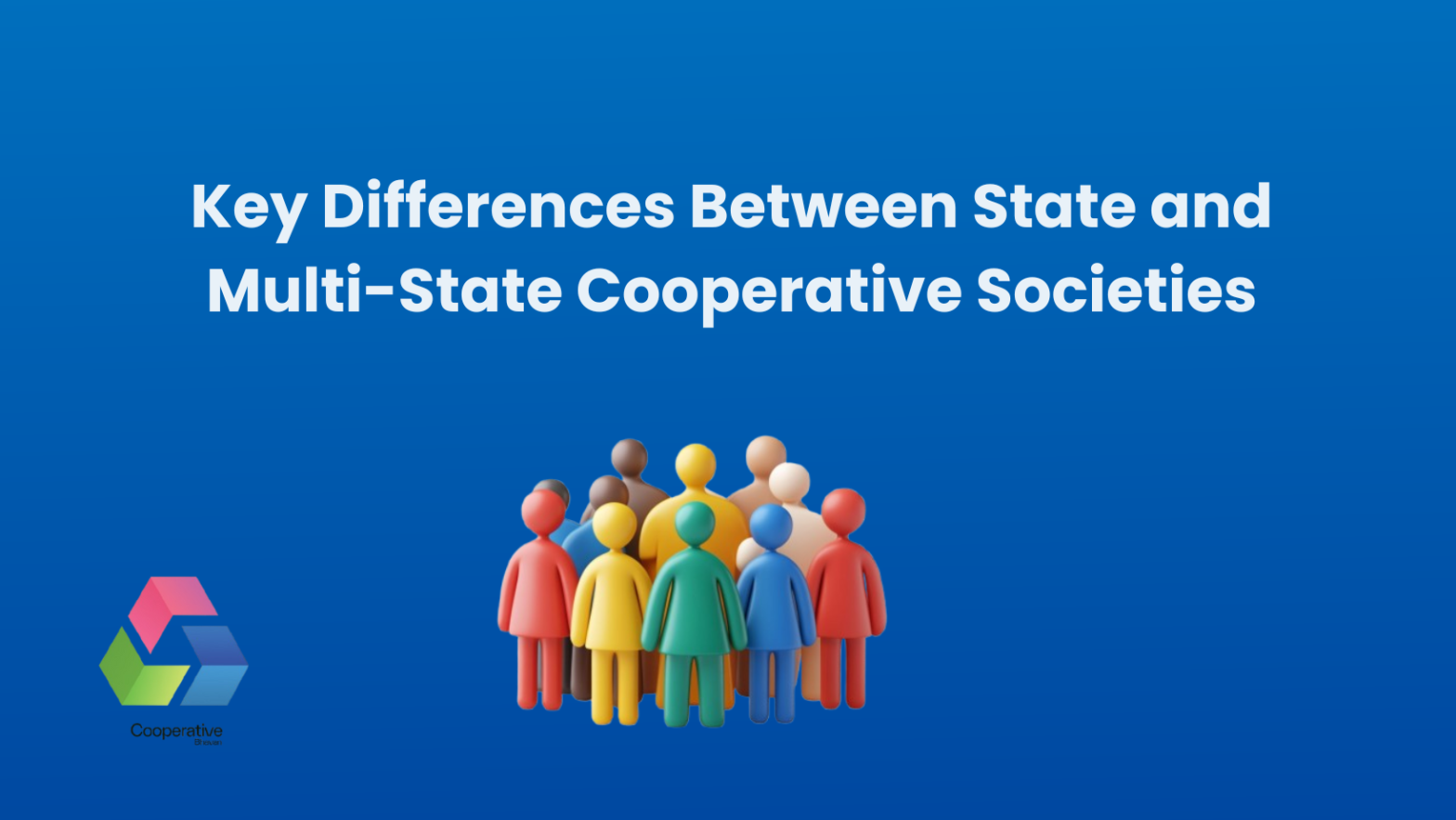
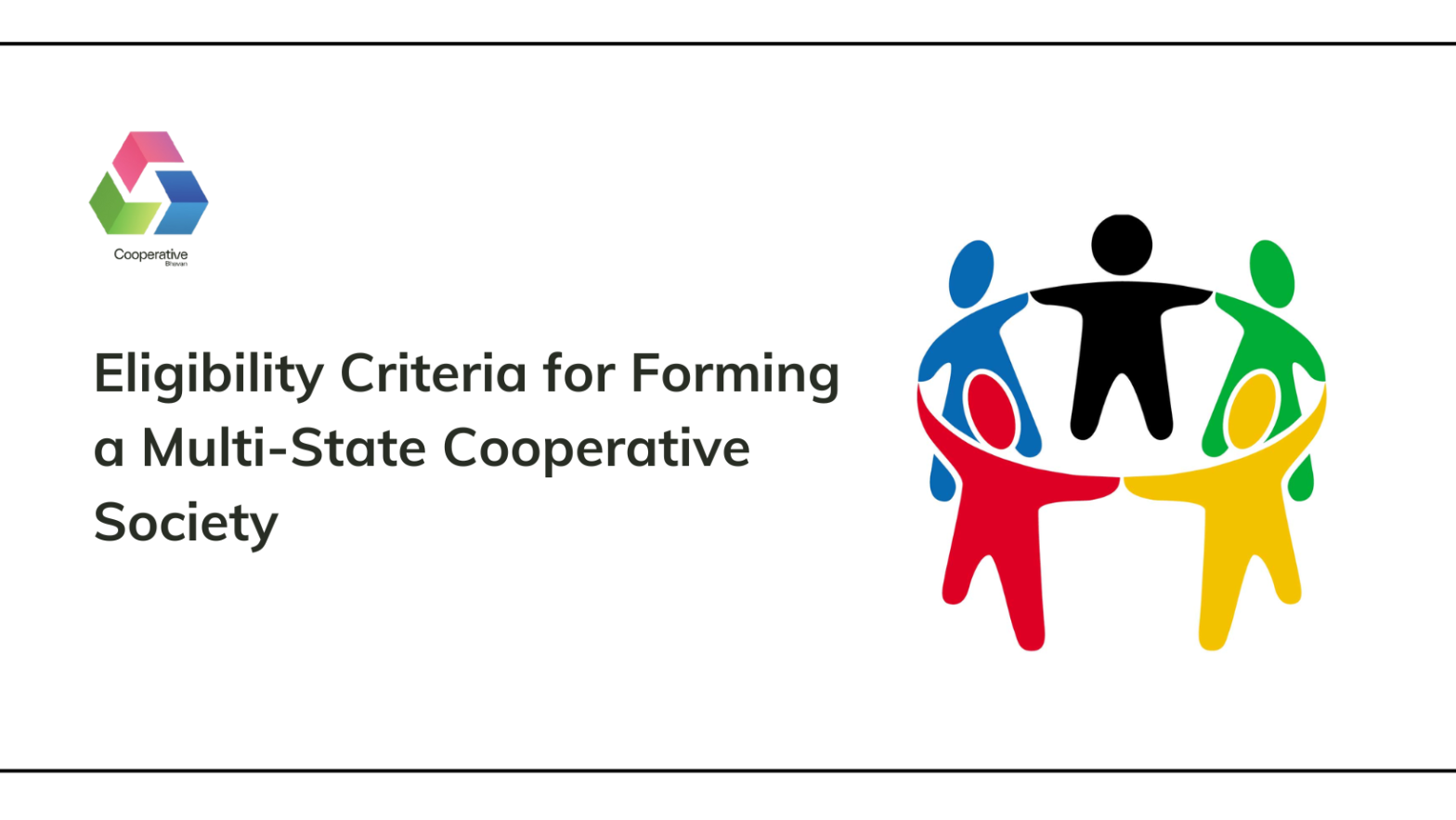
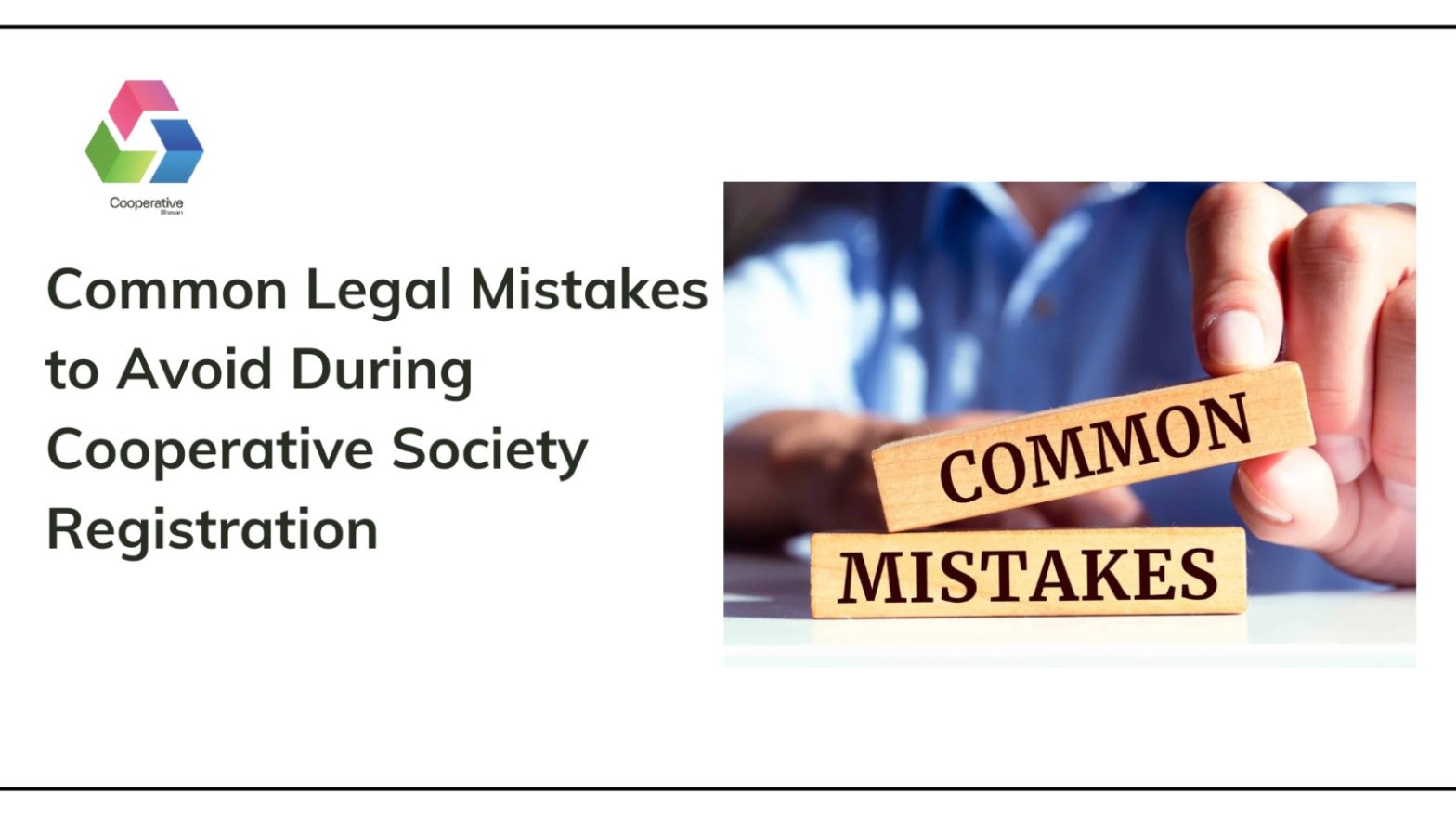




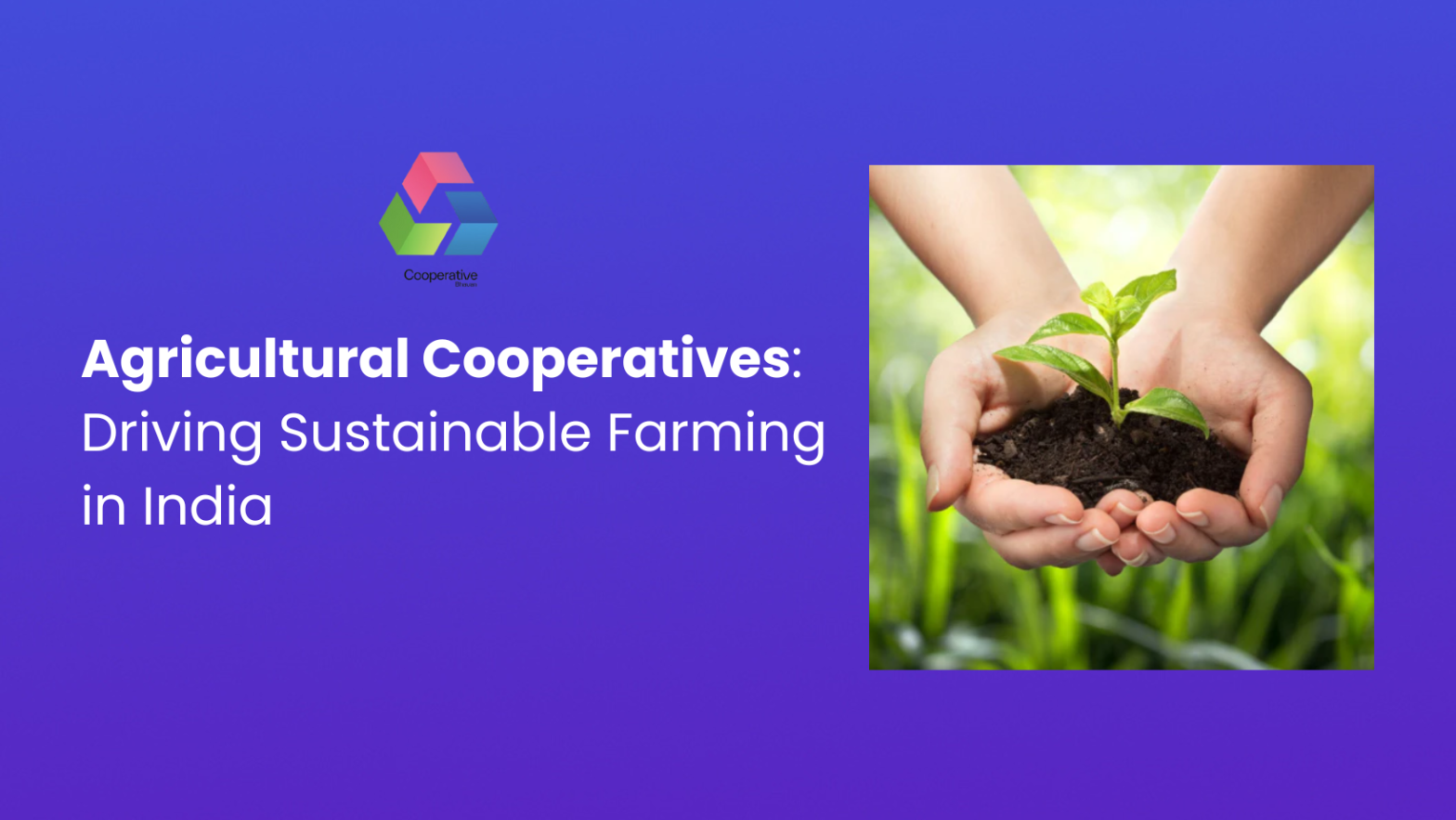






 Mail
Mail  Booking
Booking
 Call
Call